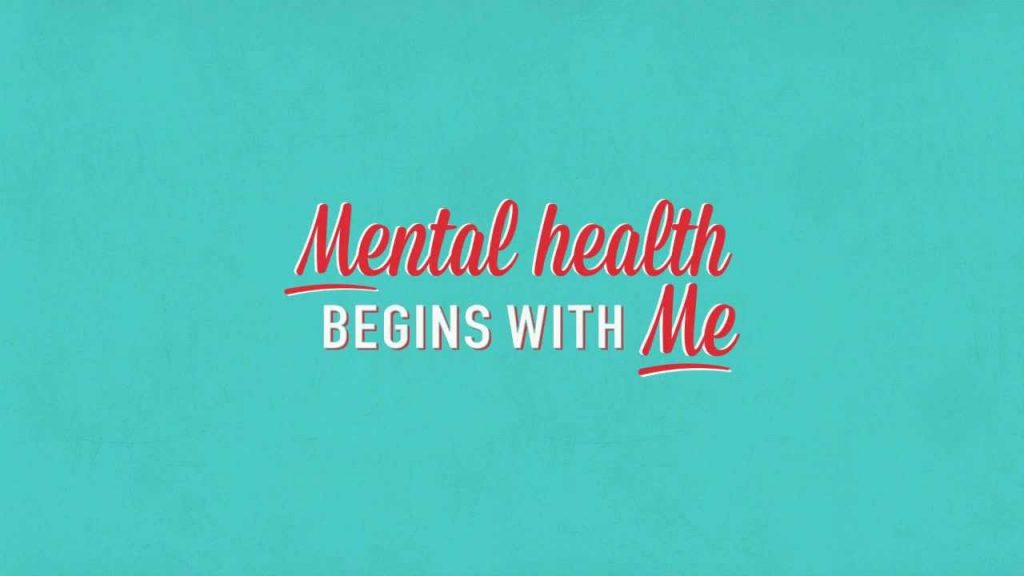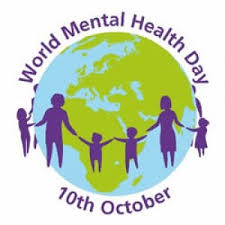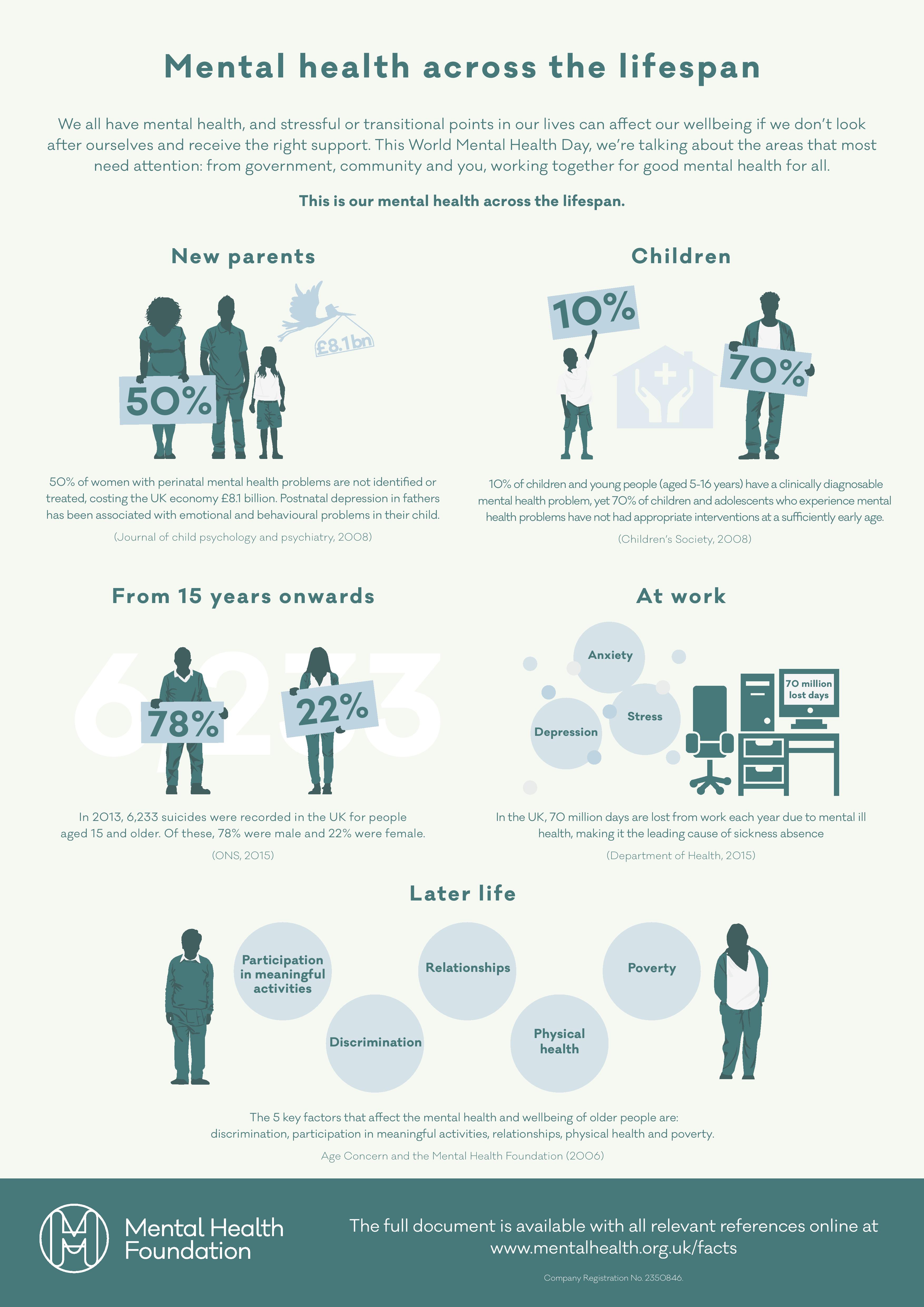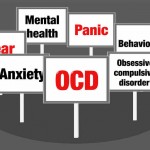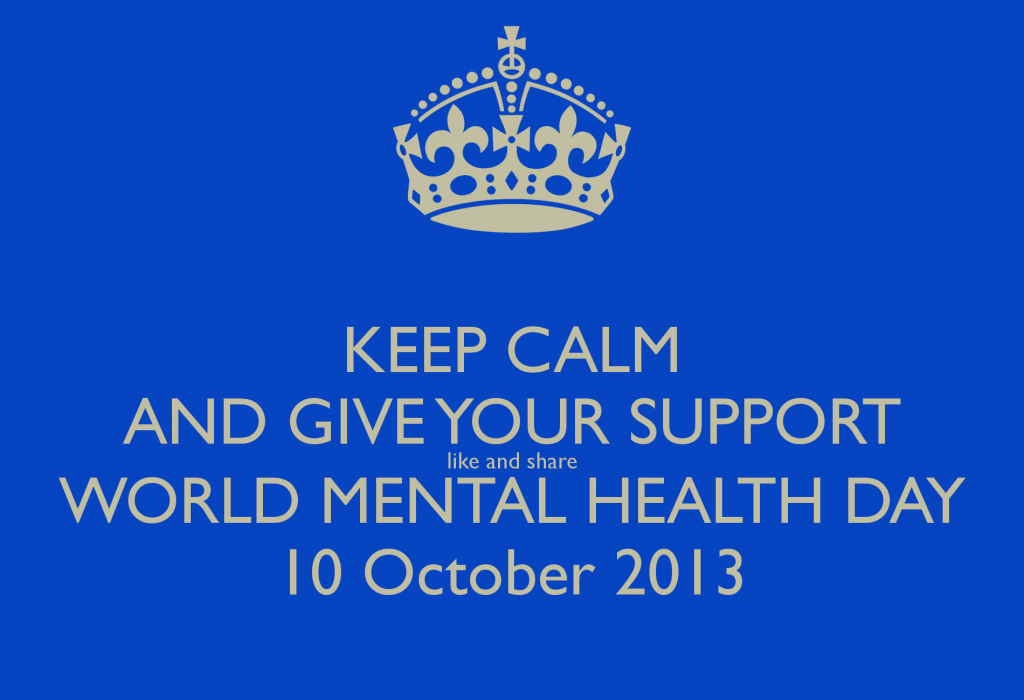As many of you know today is World Mental Health Day. The theme this year is psychological first aid. Intrigued by this we thought it would be great to share with you a fascinating interview with Dr Mark van Ommeren, Public Mental Health Adviser, Department of Mental Health and Substance Abuse, World Health Organization. Well it’s more a press conference but you get our drift!
Psychological first aid is a practical approach that can be provided by first-line responders such as police and fire officers, health staff in emergency units and humanitarian aid workers following a short course of training.
The approach has been used with success in countries around the world, including Guinea, Liberia and Sierra Leone during the recent Ebola epidemic. It is also being offered widely in Syria and for thousands of displaced persons in Greece and Nigeria.
Despite its name, psychological first aid covers both psychological and social support. Just like general health care never consists of physical first aid alone, similarly no mental health care system should consist of psychological first aid alone. Indeed, the investment in psychological first aid is part of a longer-term effort to ensure that anyone in acute distress due to a crisis is able to receive basic support, and that those who need more than psychological first aid will receive additional advanced support from health, mental health and social services.
To listen the interview click the link here.
